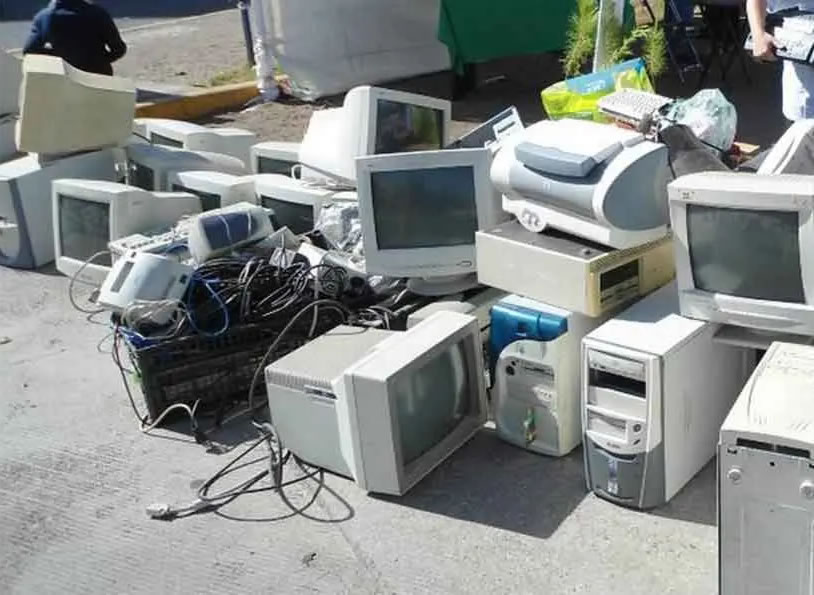

JUN 07, 2023
Electronic waste, more commonly referred to as e-waste, has become a global concern due to our dependence on technology, with consumers upgrading devices more frequently and the growing concern about proper disposal methods for old electronics being exposed. Improper disposal could pose environmental and health hazards due to hazardous substances present. RCM Recycling examines e-waste, highlights electronics that should not be discarded carelessly, and guides correct disposal methods for e-waste recycling.
Electronic waste (e-waste) refers to any used electrical or electronic devices that have reached their end useful life, such as computers, laptops, smartphones, tablets, televisions, printers, microwaves, and LED bulbs, that have reached the end of their useful lives and need disposal. E-waste encompasses an assortment of items, including computers, laptops, smartphones, tablets, televisions, printers, microwaves, and LED bulbs that contain harmful substances such as lead mercury cadmium brominated flame retardants, which when improperly disposed of, can leak out and pollute our soil water sources and air sources causing harm.
Regarding electronic waste, certain electronics should never be mixed in with regular garbage; rather, they must be handled individually for safe disposal. Examples include:
No, flat-screen TVs should not be thrown away with household trash. As they contain hazardous substances like lead and mercury that could contaminate the environment if disposed of improperly, recycling programs and electronic waste collection centers accept flat-screen TVs for proper disposal. Recycling events may offer drop-off options or collections in your local community.
Like other electronic devices, printers should never be thrown away in the trash. Many contain components that can be recycled, reused, or resold; many manufacturers and retailers provide recycling programs or take-back initiatives for printers; local waste collection centers can also guide how to dispose of printers responsibly.
Due to their environmental impact, LED bulbs should not be thrown in with regular trash. While they contain no hazardous substances, many contain electronic components that can be recycled if properly managed and recycled through waste collection centers and recycling programs in your locality. Check with such programs or waste collection centers to locate suitable channels for recycling LED bulbs.
No microwaves should be thrown away with regular trash; they often contain hazardous materials and electrical components that should be properly recycled or donated instead. Some manufacturers provide take-back programs, and local waste collection centers can advise how best to dispose of microwaves.
Proper disposal of electronics involves recycling to minimize their environmental impact, with this guide as a starting point:
Before disposing of an electronic device, ensure that any personal and sensitive data has been securely erased using factory reset options or software designed specifically to erase personal information. This step is necessary for protecting your privacy and avoiding data breaches.
At RCM Recycling, our goal is to offer comprehensive e-waste recycling solutions. As a premier scrap metal recycling company, we specialize in handling electronic devices while offering expertise as a trusted scrap metal buyer. With state-of-the-art facilities and eco-friendly processes at our fingertips, RCM Recycling's efficient dismantling and recycling of electronic waste helps minimize its environmental impact. At the same time, our commitment to sustainability ensures valuable metals and components can be recovered for reuse, thus decreasing raw material extraction needs. Whether an individual or business, RCM Recycling is a scrap metal company that provides responsible e-waste disposal services, so together we can work towards making this world greener!